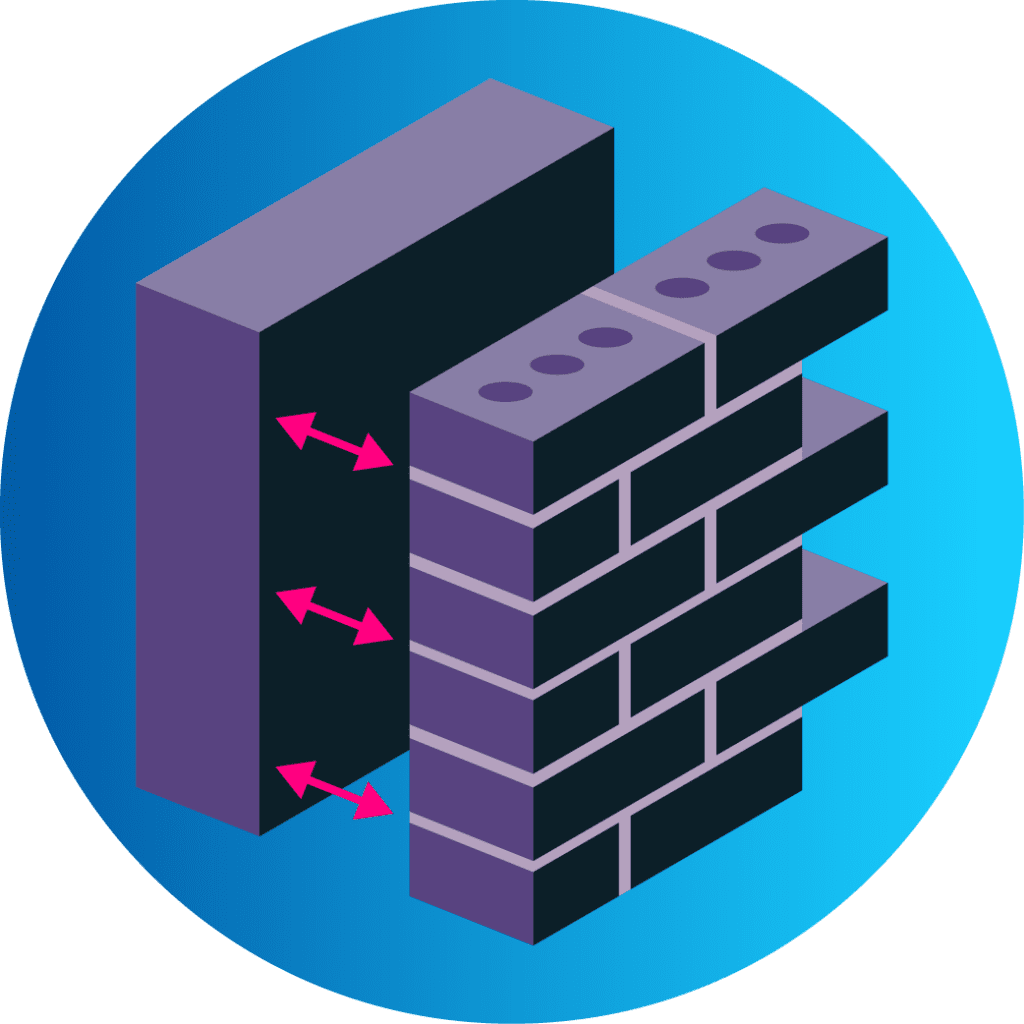Cavity Wall Insulation: Create a Warmer, More Energy-Efficient Home
Did you know an uninsulated house loses around a third of its heat through the walls? On the coldest winter days, homes with poor insulation can spend over £15 per day just to stay warm. Don’t let yours be one of them!
Home ▸ Cavity Wall Insulation
Contents:
-
How Do I Know If My Home Has Cavity Walls?How Do I Know If My Home Has Cavity Walls?
-
Are My Walls Suitable for Insulation?Are My Walls Suitable for Insulation?
-
How to Reduce the Cost of Cavity Wall InsulationHow to Reduce the Cost of Cavity Wall Insulation
-
Take the Next Step with LoopTake the Next Step with Loop
Why Choose Cavity Wall Insulation?
Avoid Spending £15 on the Coldest Days
Improving your home’s insulation—especially with cavity wall insulation—is a smart investment that offers numerous benefits.
It helps you save money by reducing heat loss and lowering your heating bills. It boosts energy efficiency, keeping your home warmer for longer while using less energy. It also enhances comfort, making your home cosier even during winter’s harshest days.
Beyond that, it future-proofs your property for green technologies like heat pumps and contributes to a reduced carbon footprint.
How Do I Know If My Home Has Cavity Walls?
Determining whether your home has cavity walls can be tricky, but here are some clues:
- Age of Your Home: Houses built after 1920 often have cavity walls, but consistent insulation installation only began in 1990.
- Brickwork Patterns: Look for evenly spaced brickwork with bricks laid lengthways.
- Wall Thickness: If your walls are over 26 cm thick, they likely have a cavity.
- Local Authority Records: Contact your local authority’s building control department to check if insulation work has been carried out.
- Borescope Inspection: If in doubt, a registered inspector can drill a small hole and use a camera to confirm if your walls are insulated.


Are My Walls Suitable for Insulation?
Not all walls are suitable for cavity wall insulation. Before proceeding, a professional survey will assess your property. Your walls are likely suitable if:
- The cavity is at least 50 mm wide.
- The brickwork is in good condition.
However, homes at high risk of damp or flooding may not be suitable, as moisture can saturate the insulation and cause issues with the inner walls.
How to Reduce the Cost of Cavity Wall Insulation
While the average cost of cavity wall insulation is around £2,000, it’s a worthwhile investment that can save up to £690 per year on energy bills. To lower costs, check your eligibility for The Great British Insulation Scheme.
This government scheme can cover up to 90% of insulation costs. For qualifying households, this could mean paying as little as £200 for a typical project!


Take the Next Step with Loop
Unlike loft insulation, cavity wall insulation isn’t a DIY job. If your home meets the criteria and you’re ready to take the next step, Loop’s trusted installation partner can help.
Don’t wait to start saving on your energy bills. Upgrade your insulation and enjoy a warmer, more energy-efficient home!








